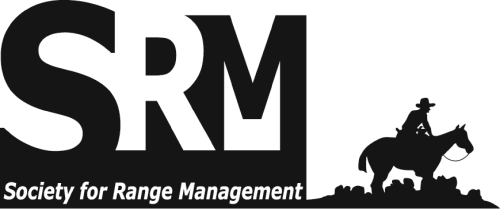To borrow from the legal profession, an �examination for discovery� is a process which is partially undertaken to discover relevant facts and areas of agreement prior to a civil trial. For natural resources,�this can be viewed as a means to apply adaptive management on the ground. For some management actions, there may be a body of data collection which supports the pursuit of a specific treatment. However, some circumstances may necessitate using repeated observations as a starting point from which to launch a management practice. In either case, the proposed action should be validated by the scientific method: forming a hypothesis, formulating a sample design with sufficient replication to evaluate the hypothesis, collecting data, analyzing the data, and rejecting or accepting the hypothesis as effective for management purposes. With this feedback loop, the proposed action can be evaluated for efficacy to achieve desired goals and management can be adjusted accordingly. This entire process works best when done in a collaborative fashion with agency, permittee, and University involvement. Barriers to the adaptive process include land managers who are risk adverse, permittees who are entrenched in tradition or constrained by financial limitations, and researchers who lack personal adaptability in sample design and data collection. For all involved, flexibility is required. An example for this type of collaborative flexibility is provided from the Southwest where the goal was to transform a high elevation �biological desert� with a high occurrence of an invasive non-native grass species to a site with more native grasses.

Oral presentation and poster titles, abstracts, and authors from the Society for Range Management (SRM) Annual Meetings and Tradeshows, from 2013 forward.